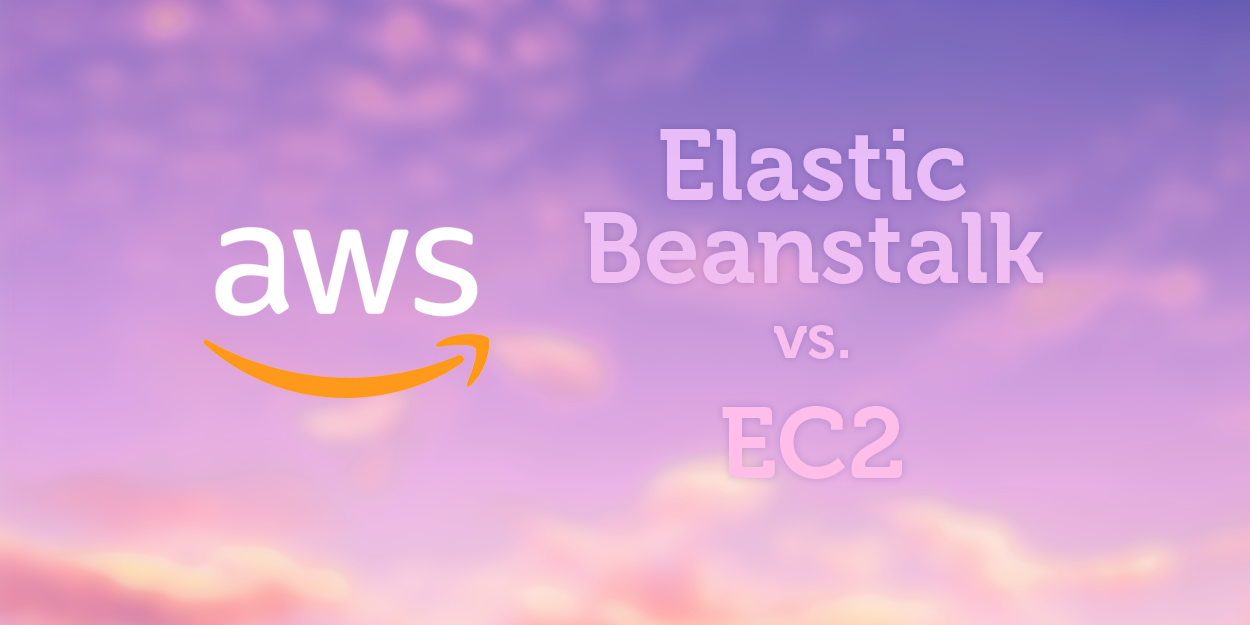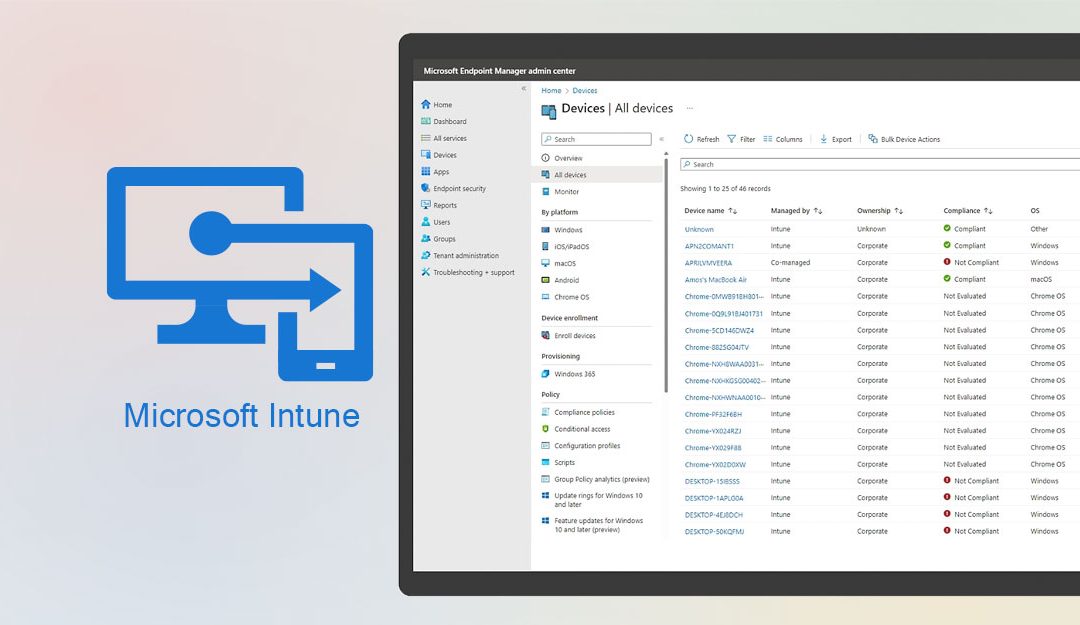What is Elastic Beanstalk?
AWS Elastic Beanstalk is a web infrastructure and provide scaling for web applications and services. Supported applications :
- Apache HTTP Server for PHP applications
- Apache HTTP Server for Python applications
- Apache Tomcat for Java applications
- Nginx or Apache HTTP Server for Node.js applications
- Passenger or Puma for Ruby applications
- Microsoft IIS 7.5, 8.0, and 8.5 for .NET applications
- Java SE
- Docker
- Go
What is EC2?
Elastic Compute Cloud (EC2) is a web service which is provided by the AWS cloud which is secure, resizable, and scalable. These virtual servers are pre-configured with the operating systems. EC2 supports Intel, AMD, and Arm processors, and is the only cloud with on-demand EC2 Mac instances with 400 Gbps Ethernet networking.
Which one should I choose?
Consider these points when making the choice between Elastic Beanstalk or EC2.
1. Application Complexity and Customization
How complex is your application, and how much customization and control over the infrastructure do you require? Elastic Beanstalk abstracts infrastructure complexities, while EC2 provides full control over virtual machines.
2. Deployment Simplicity
Are you looking for a simplified deployment process? Elastic Beanstalk offers easy deployment with minimal configuration, while EC2 requires more manual setup and management.
3. Resource Scaling Requirements
Does your application experience variable workloads that require automatic scaling? Elastic Beanstalk provides built-in auto-scaling, whereas EC2 requires manual or scripted configurations for scaling.
4. Ease of Learning and Management
Consider the technical expertise of your team. Is there a preference for simplicity and ease of management (Elastic Beanstalk) or a willingness to invest time in manual configuration (EC2)?
5. Integration with AWS Services
Does your application need seamless integration with other AWS services? Elastic Beanstalk integrates well with various AWS services, but EC2 allows for more manual integration and customization.
6. Budget Constraints
Consider your budget constraints. Elastic Beanstalk may simplify cost management, while EC2 provides more granular control over resources, allowing for potential cost optimizations.
7. Application Type
What type of application are you deploying? Elastic Beanstalk is designed for web applications, whereas EC2 is versatile and suitable for a wide range of applications, including batch processing and data analytics.
8. Risk Tolerance for Downtime
How critical is minimizing downtime for your business? Elastic Beanstalk handles updates seamlessly, while EC2 updates may require manual intervention, potentially causing brief downtime.
9. Infrastructure Management Preference
Do you prefer managed services with minimal infrastructure management (Elastic Beanstalk) or do you require full control over infrastructure components and configurations (EC2)?
10. Future Growth and Flexibility
Consider your long-term scalability needs. Elastic Beanstalk simplifies scaling, making it easier for rapid development, while EC2 provides flexibility and control for evolving infrastructure requirements.




